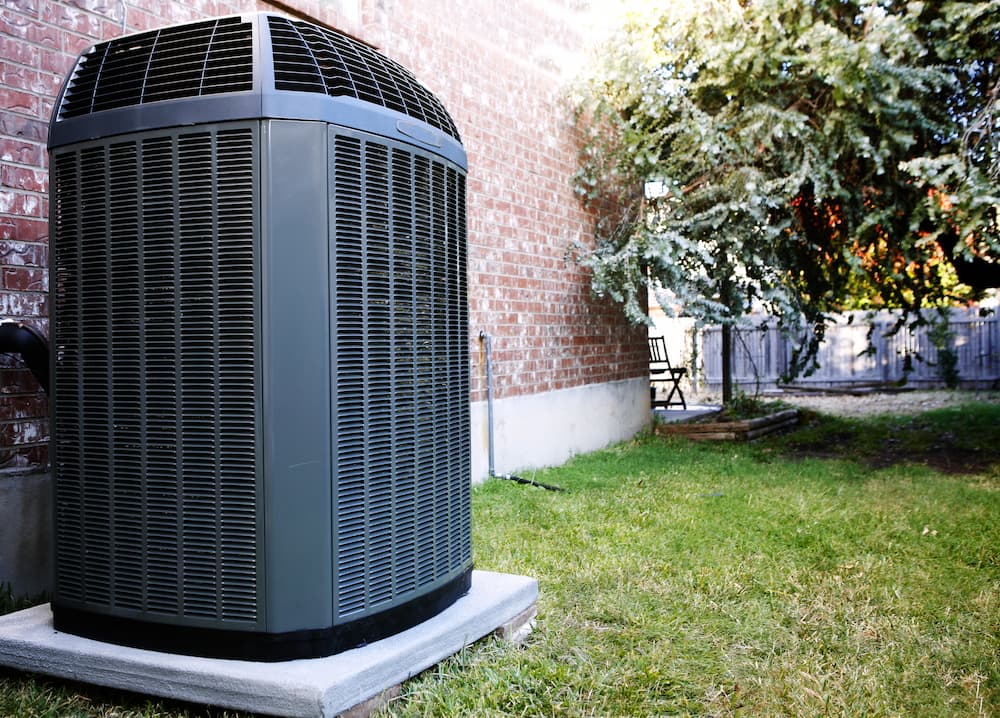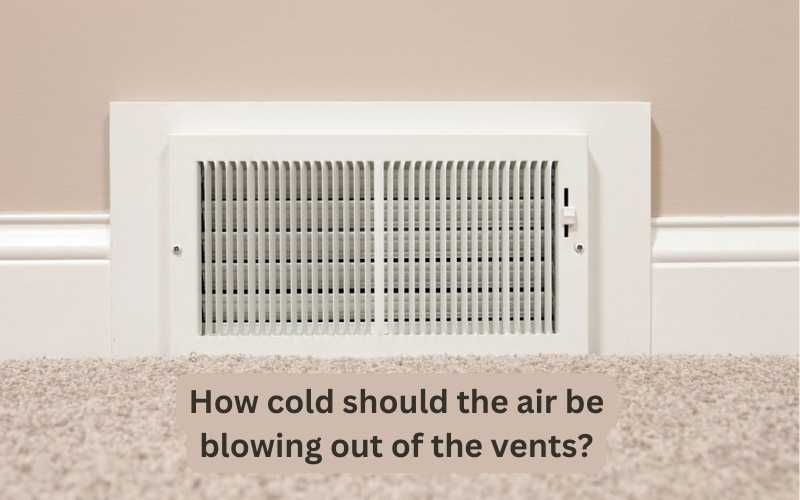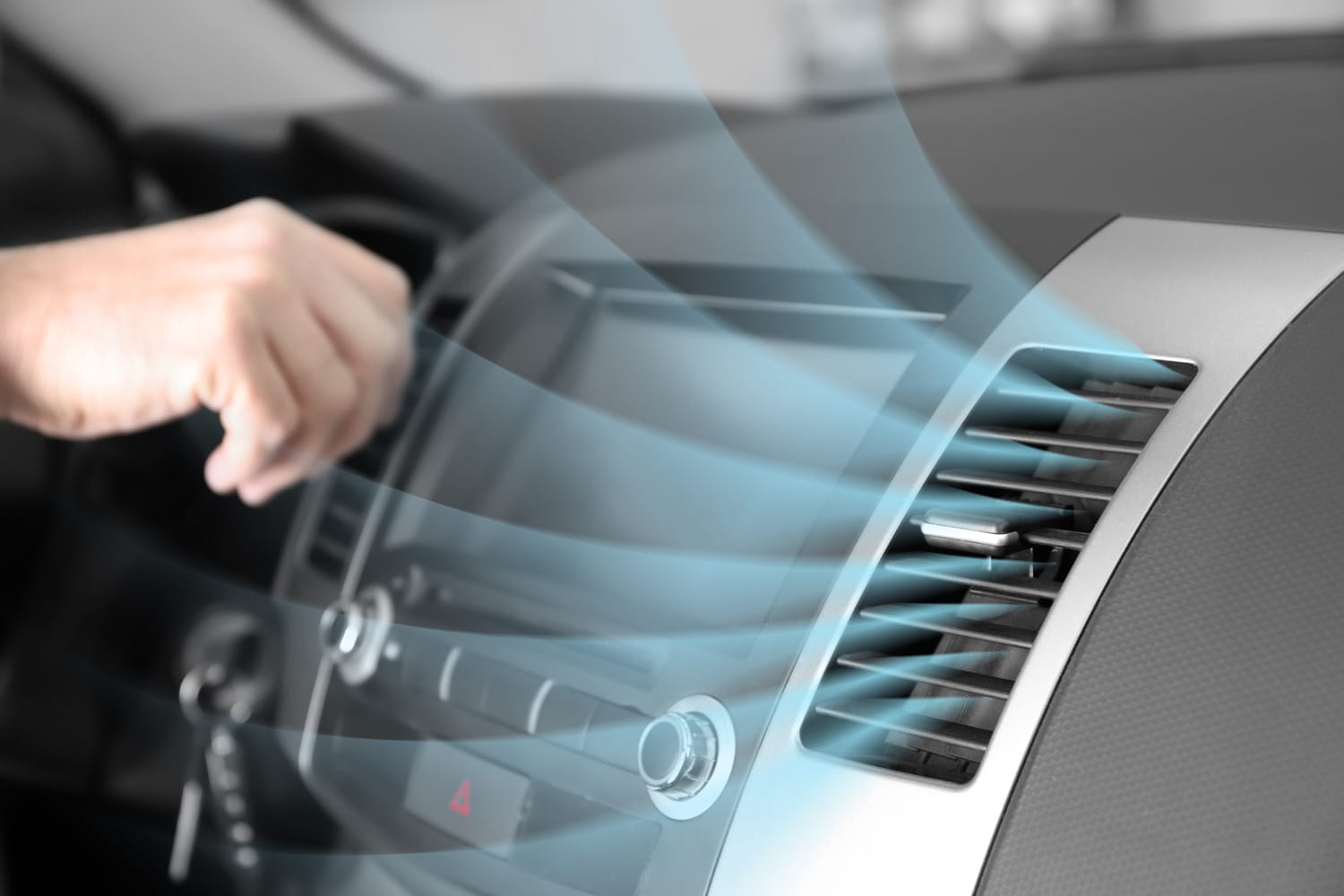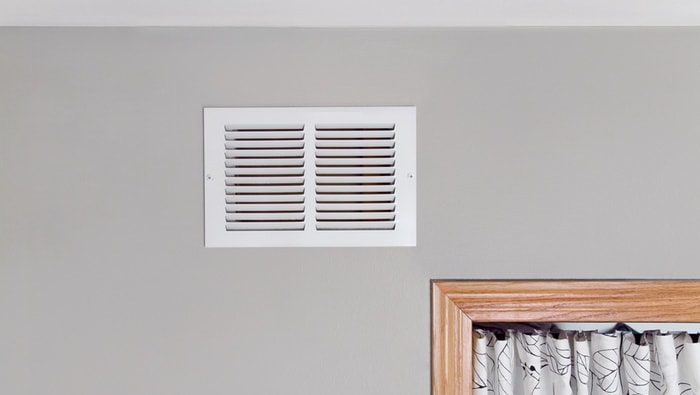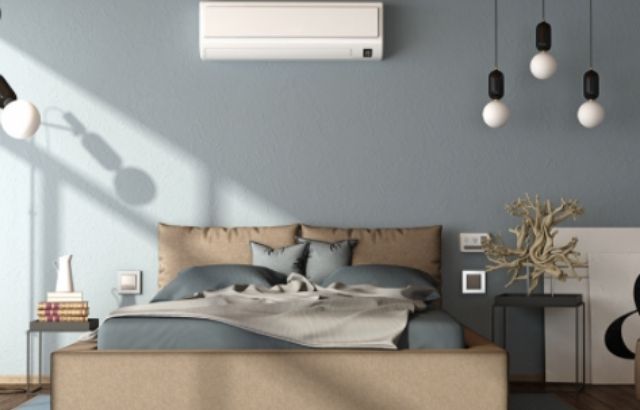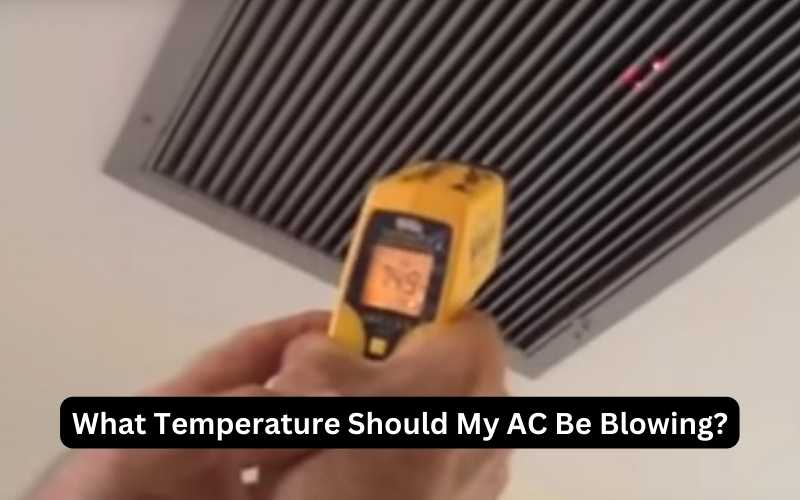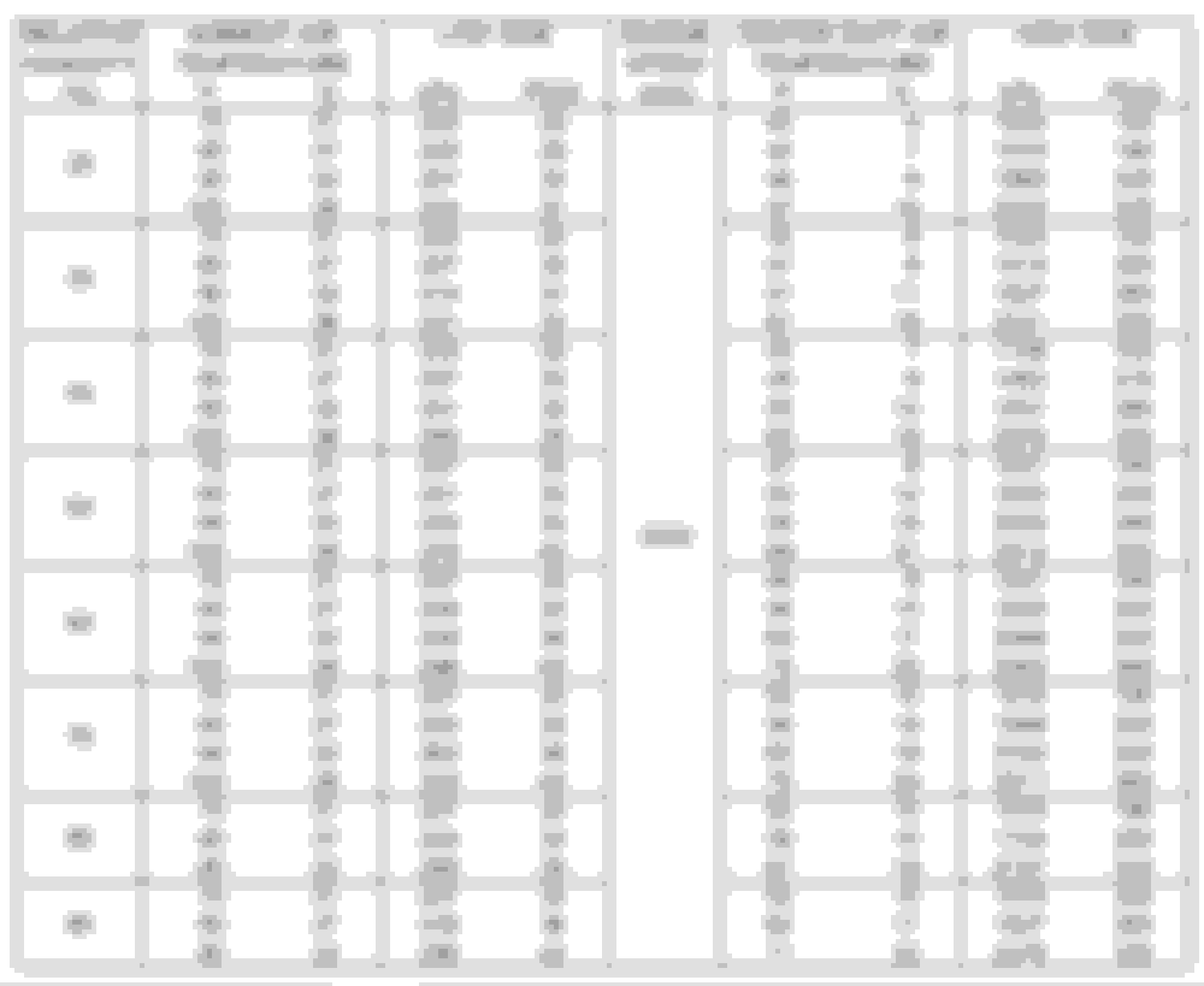How Cold Should An Ac Blow

URGENT: Is your AC blowing warm air? Experts warn improper AC temperatures can signal serious system failures and potential health risks.
This article provides a concise guide to understanding ideal AC output temperatures, diagnosing potential problems, and ensuring your system operates efficiently and safely, preventing costly repairs and health hazards.
Understanding Ideal AC Output
The key question: how cold *should* your AC blow? The general consensus among HVAC professionals is that your AC should be blowing air that is 15-20 degrees Fahrenheit colder than the air entering the unit.
For example, if the air being drawn into your AC is 80°F, the air coming out of the vents should be between 60°F and 65°F.
This temperature difference, often referred to as the "temperature drop," indicates that your AC is functioning correctly.
How to Measure Your AC's Output
Measuring your AC's output is straightforward. You'll need a thermometer - a digital thermometer is best for accuracy - and about 15 minutes.
First, place the thermometer near an air vent where the AC unit draws air *in*. Let it sit for approximately five minutes to get an accurate reading of the ambient temperature.
Next, place the thermometer directly in front of an air vent where the AC is blowing *out* air.
Allow the thermometer to sit there for another five minutes to stabilize and record the output temperature. Calculate the difference between the intake and output temperatures.
If the difference is significantly less than 15-20 degrees, you likely have a problem.
Potential Problems & Their Solutions
Several issues can cause your AC to blow warm air. A dirty air filter is one of the most common culprits.
Dirty filters restrict airflow, causing the system to work harder and less efficiently.
Solution: Replace the air filter monthly or as recommended by the manufacturer.
Another common issue is low refrigerant. Refrigerant is crucial for cooling the air, and leaks can deplete its levels.
Warning signs include ice buildup on the refrigerant lines and a hissing noise coming from the unit.
Solution: Contact a qualified HVAC technician immediately to diagnose and repair the leak and recharge the refrigerant.
A frozen evaporator coil can also cause warm air. This often results from restricted airflow or low refrigerant.
Turn off the AC and allow the coil to thaw for several hours. Check and replace the air filter. If the problem persists, call a technician.
Faulty compressors or condensers are more serious issues. These components are vital to the cooling process.
If either is malfunctioning, the AC won't cool properly. These repairs require a professional HVAC technician.
The Importance of Professional Maintenance
Regular maintenance is key to preventing AC problems. Schedule annual check-ups with a qualified HVAC technician.
Technicians can identify potential issues early on, ensuring your system runs efficiently and extends its lifespan.
Maintenance includes cleaning coils, checking refrigerant levels, inspecting electrical components, and lubricating moving parts.
Health & Safety Considerations
Beyond comfort, a properly functioning AC is crucial for health and safety. In extreme heat, a failing AC can contribute to heatstroke and other heat-related illnesses.
According to the Centers for Disease Control and Prevention (CDC), vulnerable populations, such as the elderly and those with chronic health conditions, are particularly at risk.
Furthermore, a poorly maintained AC can harbor mold and bacteria, potentially triggering allergies and respiratory problems.
Data & Statistics
A recent study by the Environmental Protection Agency (EPA) indicates that inefficient AC systems contribute significantly to energy waste and greenhouse gas emissions.
Regular maintenance can improve energy efficiency by as much as 20%, saving homeowners money on utility bills and reducing their carbon footprint.
Consumer Reports data reveals that air conditioner repairs are among the most common and costly home appliance repairs, highlighting the importance of preventative maintenance.
Conclusion: Taking Action Now
If your AC isn't blowing cold enough, don't delay. Start by checking and replacing the air filter. If the problem persists, contact a licensed HVAC technician for a thorough inspection and repair.
Prioritize regular maintenance to ensure optimal performance, energy efficiency, and a healthy indoor environment. The longer you wait, the more expensive the repairs could get, and the greater the risk to your health and comfort.
Monitor your AC's performance regularly and address any issues promptly to avoid costly repairs and ensure your home remains a cool and comfortable haven.









